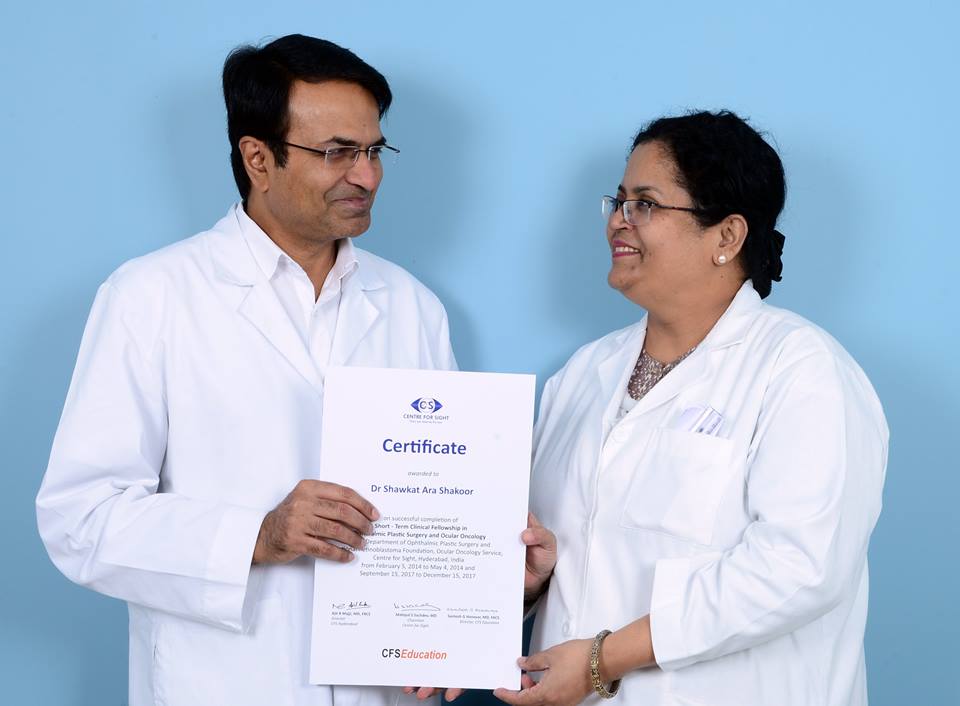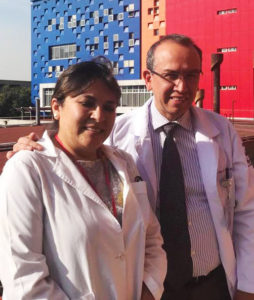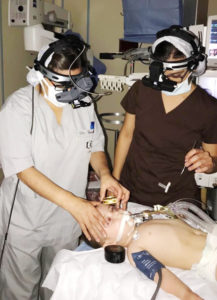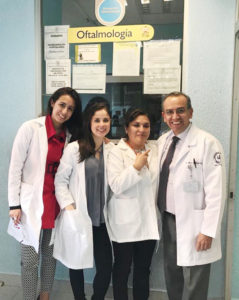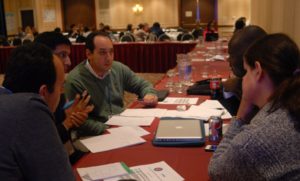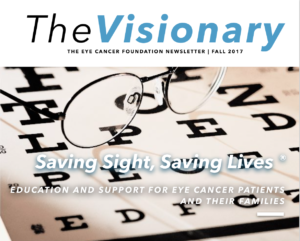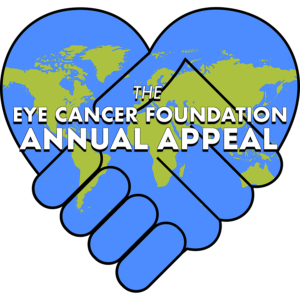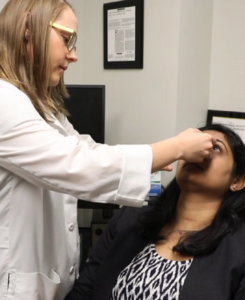The Global Effort
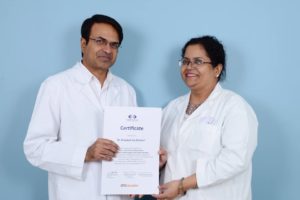 The Eye Cancer Foundation 2020 Campaign continues to make tremendous strides in the advancement of eye cancer care through the exciting completion of Dr. Milly Shakoor’s 6-month fellowship in retinoblastoma training. This news arrives unitedly with the announcement of another ECF Fellow’s completed training, Dr. Veronica Molleda, from Bolivia. With every fellowship thus offered and completed, The Eye Cancer Foundation and its supporters come closer to fully realizing the goal of training 20 specialists in 20 countries to treat childhood eye cancer.
The Eye Cancer Foundation 2020 Campaign continues to make tremendous strides in the advancement of eye cancer care through the exciting completion of Dr. Milly Shakoor’s 6-month fellowship in retinoblastoma training. This news arrives unitedly with the announcement of another ECF Fellow’s completed training, Dr. Veronica Molleda, from Bolivia. With every fellowship thus offered and completed, The Eye Cancer Foundation and its supporters come closer to fully realizing the goal of training 20 specialists in 20 countries to treat childhood eye cancer.
Eye Cancer Foundation fellowships offer doctors to be trained in the specialized treatment of retinoblastoma, training that they cannot otherwise receive in their home country. These ECF fellowships, partnered with the International Council of Ophthalmology (ICO), are available to candidates from unserved or underserved countries. After doctors complete their six months of training, they agree to return to their home country to start or participate in eye cancer treatment for the unserved.
But what is retinoblastoma? Retinoblastoma is the most common eye cancer in children and affects approximately 8,200 children each year. In developed countries like the United Sates, the survival rate reaches beyond an astounding 96%, with early diagnosis and treatment being key to saving patients’ lives and sight. However, the incidence rate is higher in developing countries, where most of the children succumb to metastatic retinoblastoma. In areas where children and families have no means of traveling to treatment centers far away from them, these afflicted children often endure their untreated disease untreated, which eventually leads to death. Because no child or family should have to suffer these losses, especially due to inability to simply reach a treatment center, the ECF has launched the 2020 Campaign.
Dr. Milly Shakoor comes from Dhaka, the capital of the highly densely-populated country of Bangladesh, where availability of retinoblastoma care is certainly low. She trained at The Centre for Sight in Hyderabad, India with the renown Director of Medical Services, Dr. Santosh G. Honavar (pictured above), who specializes both in oculoplasty and ocular oncology. Since her return to Dhaka, she has been met with several retinoblastoma cases and continues her treatment of them.
As always, The Eye Cancer Foundation these fellowships could not have been completed without the support of readers and donors — and so, the ECF thanks you for helping to provide hope for eye cancer patients around the world. To our audiences, we hope that you will continue to support these projects through your continued readership, word of mouth, and well wishes!

